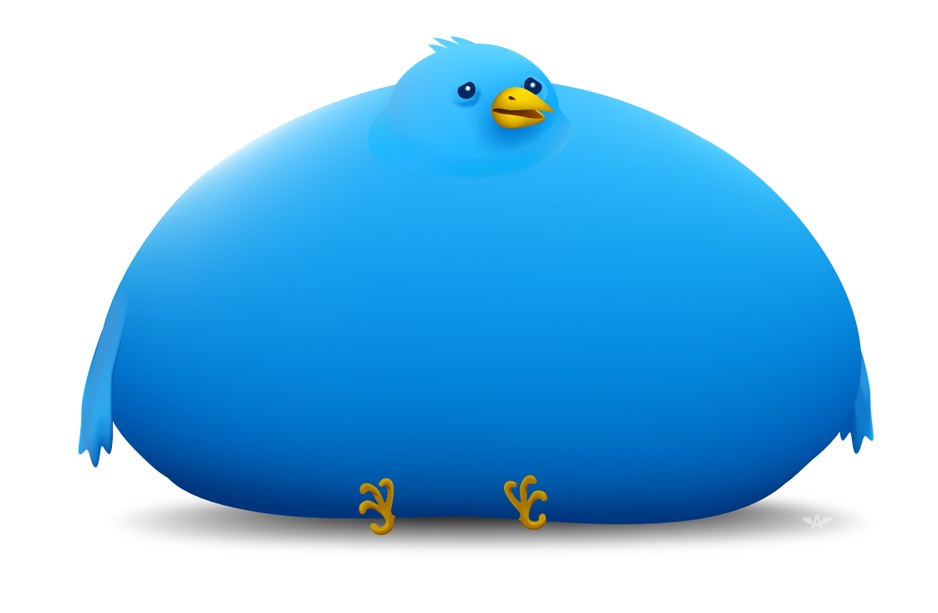An Interview with Gilbert Faure on Knowledge Management

Labcritics was at Science & You 2015 in Nancy, France. One of the most interesting workshops we attended, in the Science Communication and Digital Technologies topic, addressed Open Knowledge Management. We contacted the lecturer, Gilbert Faure, MD, PhD, immunologist with almost 400 publications and knowledge management and digital curation expert. Dr. Faure was extremely nice and responsive, and exudes passion for digital curation. We want to transmit that passion to our readers and to engage them in digital knowledge management.
How do you define the term “Infobesity”?
The term infobesity derives from the concept of information overload, developed in the 60’s. David Shenk coined the word infobesity in 1993 which became very successful in the human obesity context. In French, people also used “surinformation, pollution informationnelle, harcélement textuel…” to cover the subject “trop d’information tue l’information” (too much information kills information).
What is OKM? When did this discipline start? Is it applicable to any field of knowledge?
Knowledge Management (KM) is a transdisciplinary strategic approach to optimize the usage of knowledge towards specific objectives in universities such as training, learning, research, and in companies research and managing. The concept is not new; on the web, there are documents from MIT in 1998.
I added, for my presentation, OpenKM referring to the Open Source recent developments in scientific literature, but found afterwards that the concept was tackled as early as 2004 in the context of open source softwares.
With so much open information being available on the web, it is applicable to any field of knowledge.
What is the difference between curating and aggregating or blogging?
Blogging is maintaining a chronicle focusing on a topic in chronological order.
Aggregating is selecting relevant information, either published or grey.
Curating is adding to this selected material comments, links… and sharing to a network or openly.
Some large companies, public institutions and non-profit organizations have resources dedicated to internal OKM. Are the online generalist curation tools going to externalize OKM or change the way they work?
Companies, institutions and NPO collected resources internally in a strategic and professional process of scientific, technical or societal watch which was considered previously as a private asset. More and more are opening their curated resources to establish their thought leadership in their field of expertise.
Will they externalize OKM? Why not? It’s why I think there might be an opportunity for Universities to build an UtoB relationship.
Curation tools allow to discover, curate and publish content. Can anyone be a curator? What are the qualities of a good curator and how can anybody build authority as a curator?
Anyone with competences and curiosity can curate. Unfortunately, many people do it only during a few days and then stop. Curation is hard work and continuous work. It requires competence and interest and also persistence.
Can a curator add original content?
With some tools such as scoop.it, curators can add original content, specific posts and PPT presentations.
Do you think many curators do the work just to get visits to their own site?
Indeed some curators try to increase the audience of their own website in a marketing approach.
With the amount of data increasing exponentially, it would be logical to think that the contents being curated are also increasing at a rate faster than any human can follow, especially if the number of curators increases too. Do you foresee an end to the way curation tools work, a need to change curation procedures in the near future?
The amount of data increases exponentially indeed. I see this situation as an opportunity to develop curation activities.
How did you get involved in the curation of information?
I was always interested in knowledge management in paper format for research, learning and training.
We organized in Nancy “a long time ago” two SCICOM (Scientific Communication in Life Sciences) meetings addressing this field.
The availability of curation tools is a real improvement facilitating particularly conservation in the cloud and subsequent finding with search engines, and sharing broadly.
What is, in your opinion, the best curation tool for the medical and biological sciences?
I consider Scoop.it as the best tool for what I call “serious” information, i.e. in medical and biological sciences but also for societal sciences, e-reputation, tourism, etc.
It allows to build a virtual journal following actuality and specific searchable databases on any topic. Working as a network of specialists is a plus.

